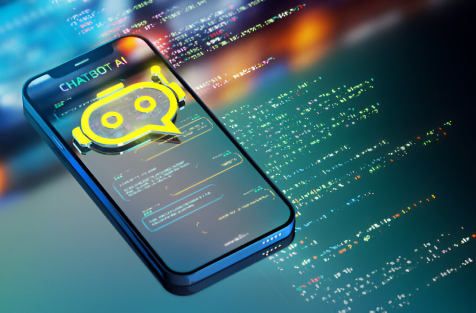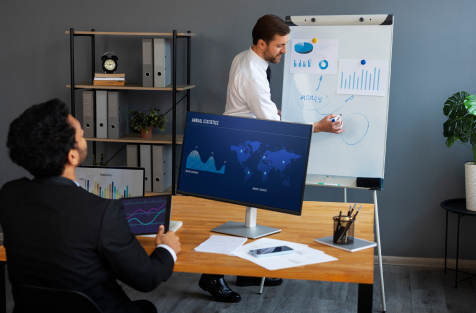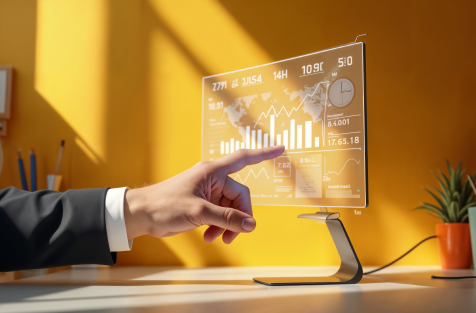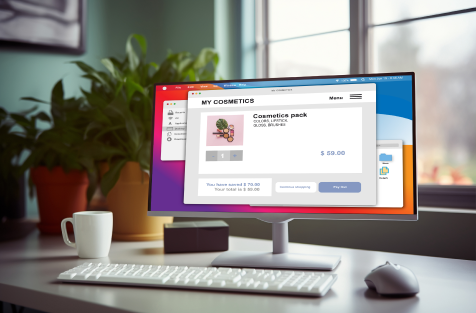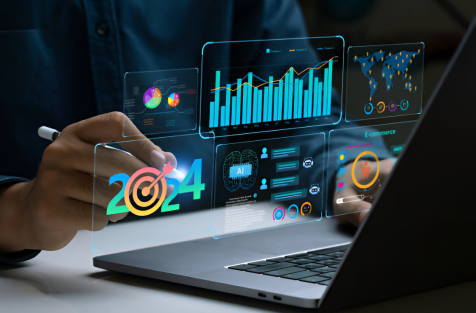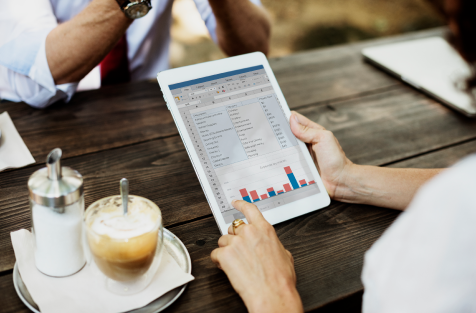AI-Powered Real-Time Campaign Optimization: Transforming the Future of Marketing
1. Introduction to AI in Marketing Optimization
In today’s fast-paced digital marketplace, marketers must be agile and adaptable to keep their efforts relevant and effective. Artificial intelligence (AI) is transforming how marketers optimize campaigns in real-time. AI enables organizations to fine-tune their strategy on the fly by analyzing data, making choices, and implementing changes in real-time, hence increasing engagement and ROI. This blog discusses how AI-powered real-time campaign optimization is transforming the marketing industry.
2. What is Real-Time Campaign Optimization?
Real-time campaign optimization is the technique of making live changes to a marketing campaign based on current performance data. Unlike traditional campaign management, which frequently depends on post-campaign analysis to make adjustments, real-time optimization allows firms to adjust numerous elements—such as targeting, bidding, and messaging—while the campaign is still running. This flexible approach assures that campaigns adapt to changes in audience behavior, trends, and competition, resulting in more efficient resource allocation and better results.
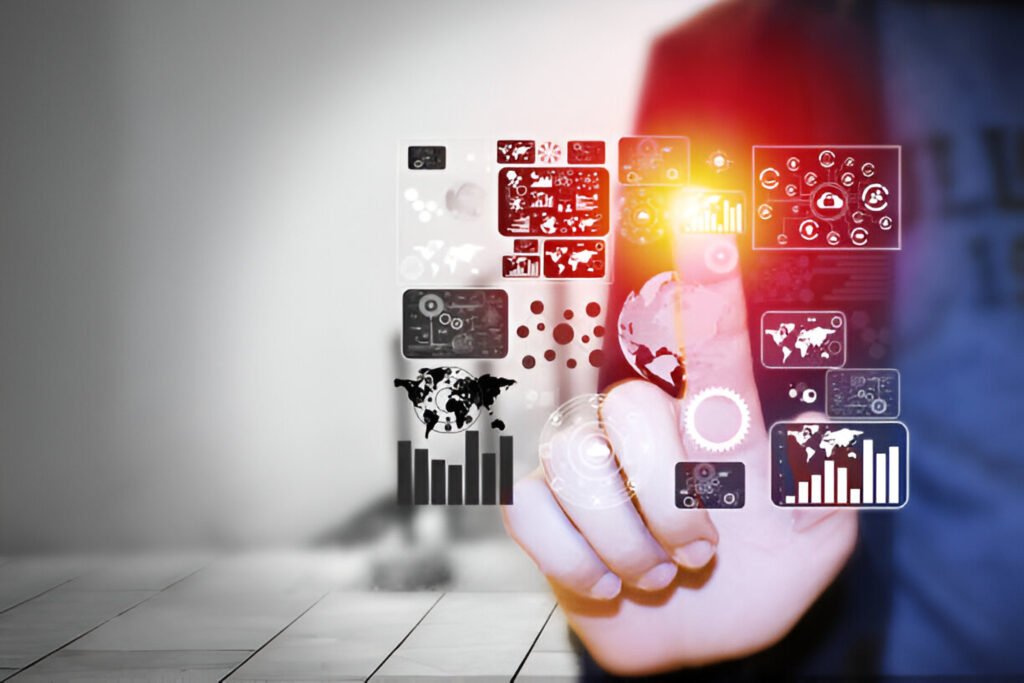
3. How AI Powers Real-Time Campaign Optimization
AI powers real-time optimization. With its ability to handle massive volumes of data rapidly and accurately, AI allows marketers to make informed decisions nearly instantly. AI algorithms regularly compare campaign metrics—such as impressions, clicks, conversions, and engagement rates—to predefined targets and KPIs. Based on this information, AI technologies may automatically adjust bids, assign funds, change targeting, and even tailor content without requiring human participation.
For example, suppose an AI system notices that an ad is underperforming in a specific demographic. In that case, it can rapidly reallocate budget to more successful audiences, increasing impact while the campaign is still running. AI can also recommend text, format, or timing adjustments depending on user behavior patterns, ensuring advertisements are always optimal for peak performance.
4. Benefits of AI-Powered Real-Time Campaigns
AI-driven real-time campaign optimization offers advertisers various advantages:
- Increased Efficiency: Artificial intelligence automates many aspects of campaign management, minimizing the need for manual monitoring and modifications.
- Higher ROI: By constantly optimizing campaigns in real time, AI guarantees that marketing resources are used efficiently, hence increasing overall returns.
- Enhanced Audience Targeting: AI analyzes user data in real time to better understand audience preferences, allowing for more targeted and personalized marketing campaigns.
- Improved Responsiveness: Marketers may respond quickly to changes in audience behavior or market conditions, ensuring that campaigns remain relevant and effective.
- Scalability: AI enables firms to manage and optimize several campaigns at once, even across different platforms.
5. AI Tools for Real-Time Campaign Optimization
Several AI-powered tools and platforms are changing the way marketers optimize campaigns in real time. Some of the most popular tools are:
- Google Ads Smart Bidding is an AI-powered technology that automatically adjusts bids to increase conversions or revenue.
- Facebook’s Automated algorithms are AI-powered algorithms that optimize advertising based on performance, budget, and engagement metrics.
- Adobe Sensei is an artificial intelligence tool that employs machine learning to optimize digital marketing by forecasting user behavior and trends.
- AdRoll is a complete AI-powered platform that lets businesses retarget advertising in real time to increase reach and engagement.
These solutions are intended to speed the optimization process, allowing marketers to focus on strategy while AI does the heavy lifting.
6. Case Studies: Real-Time Optimization in Action
Real-world examples show the effectiveness of AI-driven real-time optimization:
- Using AI to optimize pay-per-click (PPC) advertisements has resulted in considerable conversion rate improvements for e-commerce firms. These firms have increased sales and ROI by altering ad placements, bidding, and targeting in real time.
- Retailers are utilizing AI to optimize email marketing efforts by evaluating open rates and click-throughs in real time, ensuring that future emails are more targeted and engaging.
- Entertainment firms use artificial intelligence to optimize their content distribution tactics, ensuring that the correct audiences are exposed to the most relevant trailers or promotions based on real-time viewing data.
These case studies demonstrate how AI may convert underperforming advertisements into very successful ones by making live, data-driven adjustments.
7. Challenges in AI-Driven Campaign Optimization
Despite the obvious benefits, there are several limitations associated with AI-driven real-time campaign optimization:
- Data Accuracy: Because AI relies primarily on data quality, faulty or incomplete data might lead to poor choices.
- AI Transparency: Marketers must trust AI algorithms and understand how decisions are made, which can be difficult when working with complicated, opaque systems.
- Integration: Technical knowledge and resources are required to seamlessly integrate AI solutions into existing marketing platforms and workflows.
- Ethical Considerations: AI-driven personalization and targeting must be handled ethically to prevent infringing on consumers’ privacy or alienating them with obtrusive approaches.
Addressing these issues is crucial to ensuring that AI is used efficiently and responsibly in real-time optimization initiatives.
8. The Future of AI in Real-Time Campaign Optimization
AI is expected to play an even greater role in the future of marketing. As machine learning algorithms progress, AI systems will be able to detect trends, forecast audience behavior, and recommend campaign plans before they even start. This proactive approach will enable marketers to optimize current initiatives while also anticipating future opportunities and obstacles.
Furthermore, AI will continue to connect with other developing technologies like augmented reality (AR) and virtual reality (VR), resulting in immersive, real-time marketing experiences that engage customers in completely new ways.
9. Conclusion: Embracing AI for Marketing Success
AI-powered real-time campaign optimization has the potential to revolutionize marketing. By automating the optimization process and offering data-driven insights, AI allows firms to maximize their marketing efforts with unparalleled precision and efficiency. As AI technology advances, its role in marketing will expand, offering organizations with new tools to engage their customers, enhance ROI, and stay ahead of the competition. Adopting AI-driven optimization is critical for any marketer trying to succeed in the fast-paced digital age.

